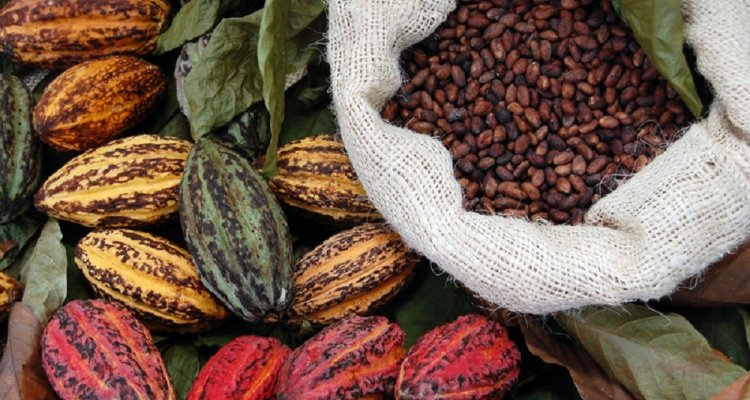
Project
Maintaining quality of seeds, nuts and their derived products - optimizing transport conditions
This project shall design a more sustainable value chain for two important Dutch imported seed-based food commodities, nuts and cocoa beans. Depreciation in quality related to lipid oxidation processes, insect damage and mold growth during transport and storage is a major cause of product waste or at least loss in commodity value when food becomes feed. Directed improvements in storage conditions through proper combined environmental control of humidity, air composition and temperature, specific for these oil-rich materials is urgently needed.
Project
This project shall both help design these new storage strategies as well as generate biochemical data on the molecular mechanisms behind quality losses in order to understand better the underlying chemical processes. With this information more generic storage applications are envisaged and causal links between quality loss and chemical change can be predicted. The public partner Wageningen University & Research shall exploit its expertise on controlled (vegetable) seed storage strategies together with expertise on the application of metabolomics approaches to follow changes related to food quality (flavour) loss. The four private partners will provide material of peanut, hazelnut and cocoa beans and shall themselves perform quality analyses (free fatty acid determination, taste panel experiments and insect infestation analysis) in parallel and complementary to activities at WUR. The companies shall also play a key role in both validation and up-scaling of the improved storage strategies and it is envisaged that modified protocols will become available and be exploited within the duration of this project.
Considering that the Netherlands is the worlds largest single importer of both nuts (80% of the European market) and cocoa beans (25% of global production) entering the harbours at both Rotterdam and Amsterdam, all reductions in waste will have significant economic impact and shall directly contribute to our sustainability goals. We can then also guarantee better food safety (reduced risk of aflatoxins) and quality (preventing rancidity) parameters for the consumer. Improved storage protocols will also entail significant energy savings. Scientifically, we will build up detailed knowledge of the biochemical perturbations occurring in seeds and seed-derived food products, the biochemical pathways linked to these changes and how these chemical shifts directly relate to, and are potentially causal, to quality loss and related product waste in stored nut and cocoa commodities.